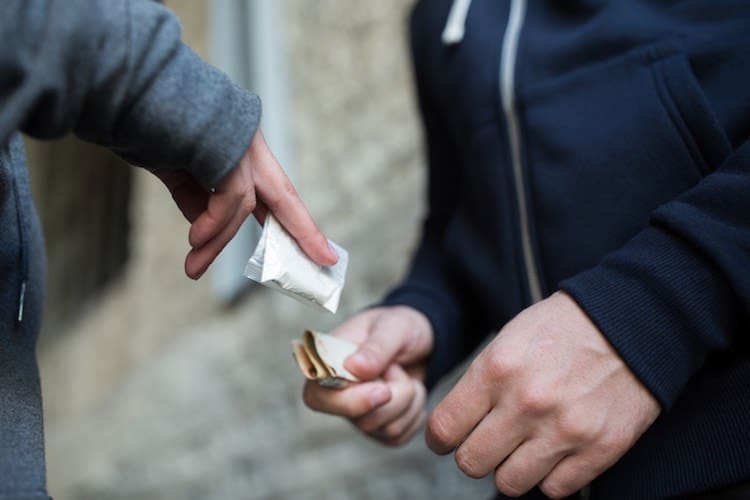There is evidence that after prolonged use, cocaine is highly addictive. People who use cocaine regularly can develop dependence and tolerance to it, which means they need to take larger amounts of cocaine to get the same effect.
Dependence on cocaine can be psychological, physical, or both. People who are dependent on cocaine find that using the drug becomes far more important than other activities in their life. They crave the drug and find it very difficult to stop using it.
People who are psychologically dependent on cocaine may find they feel an urge to use it when they are in specific surroundings or socialising with friends.
Physical dependence occurs when a person’s body adapts to cocaine and gets used to functioning with the cocaine present.
Getting help
Treatment
In Australia, there are many different types of treatments for drug problems. Some aim to help people stop using drugs, while others aim to reduce the risks and harm related to drug use.
What to do if you are concerned about someone’s cocaine use
If you are concerned about someone else’s drug use, there is confidential help available. Contact the alcohol and drug information service in your state or territory.
What to do in a crisis
Always call triple zero (000) if a drug overdose is known or suspected – and remember that paramedics are not obliged to involve the police.
If someone overdoses or has an adverse reaction while using cocaine, it is very important that they receive professional help as soon as possible. A quick response could save their life.
For more information, please click on the Alcohol and Drug Foundation’s (previously Australian Drug Foundation) logo below.


